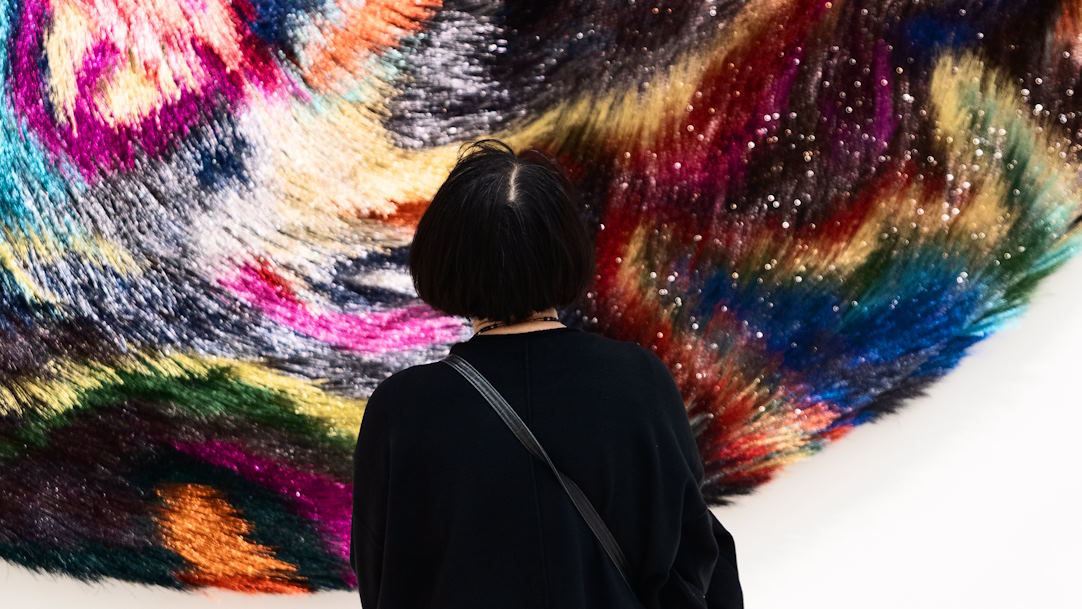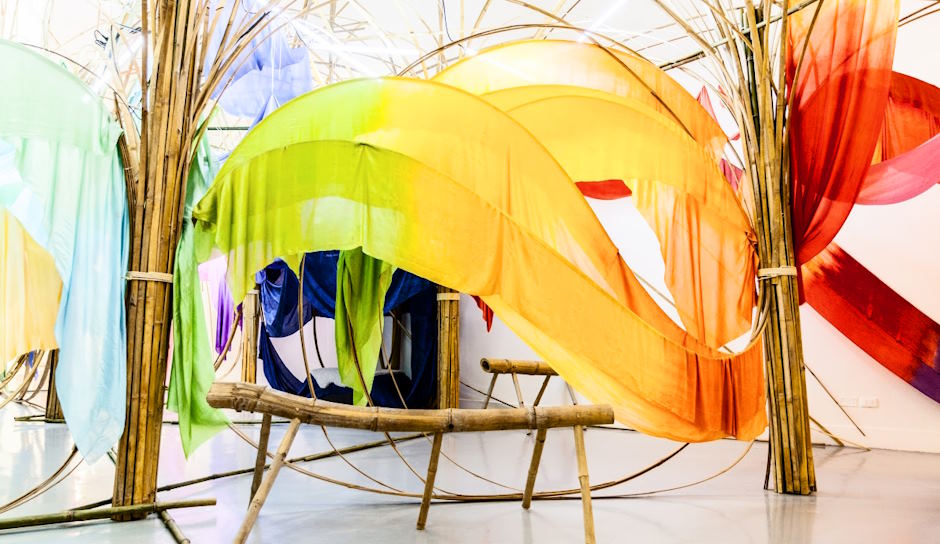Throughout history, various cultures have intuitively understood the healing power of artistic expression. From ancient civilizations to modern societies, art has been employed as a tool for catharsis, introspection, and communal well-being.
Art Exhibitions as Therapeutic Spaces
Art exhibitions, traditionally spaces for aesthetic appreciation, are increasingly recognized for their potential as therapeutic environments. The deliberate curation of exhibitions for therapeutic purposes marks a transformative shift in the way society views and engages with art. By analyzing curated art exhibitions designed with therapeutic intent, we uncover the intentional choices made by curators to evoke specific emotions and facilitate healing.
In exploring successful case studies of art therapy programs within exhibition settings, it becomes evident that the marriage of artistic expression and therapeutic principles can have profound effects on participants. These studies illuminate the diverse ways in which individuals, grappling with a spectrum of emotional challenges, find solace, expression, and connection through the carefully crafted narratives of these exhibitions.

Moreover, the environment plays a pivotal role in enhancing the therapeutic experience within these exhibitions. The interplay of lighting, spatial arrangement, and interactive elements contributes to a holistic sensory engagement, creating a conducive atmosphere for introspection and emotional release. This section delves into the nuances of how the physical and emotional environment of an exhibition space can be tailored to optimize the therapeutic benefits for participants, showcasing the potential for art exhibitions to become immersive and transformative sanctuaries for emotional well-being.
Challenges and Ethical Considerations
While the integration of art and therapy within exhibition settings offers immense potential for healing, it is not without its challenges. This section delves into the nuanced discussion surrounding the potential pitfalls of using art as therapy in public spaces. From navigating the diverse emotional responses of participants to addressing the ethical considerations of presenting sensitive topics through art, the road to therapeutic exhibitions is not without its obstacles.

The discussion begins with an exploration of the challenges inherent in using art as therapy within exhibition settings. Issues such as the unpredictability of emotional triggers, varying participant expectations, and the potential for misinterpretation underscore the need for thoughtful curation and careful consideration of the audience’s diverse backgrounds and experiences.
Ethical considerations take center stage as we examine the treatment of sensitive topics through art. The power of artistic expression to delve into the depths of personal trauma and societal issues demands a careful balancing act. We reflect on the responsibility of curators, artists, and organizers to approach such topics with sensitivity, ensuring that the therapeutic benefits do not compromise the emotional well-being of the audience. This section sheds light on the delicate ethical tightrope walked in the pursuit of harmonizing artistic expression with the delicate psyches of those engaging with therapeutic art exhibitions.
